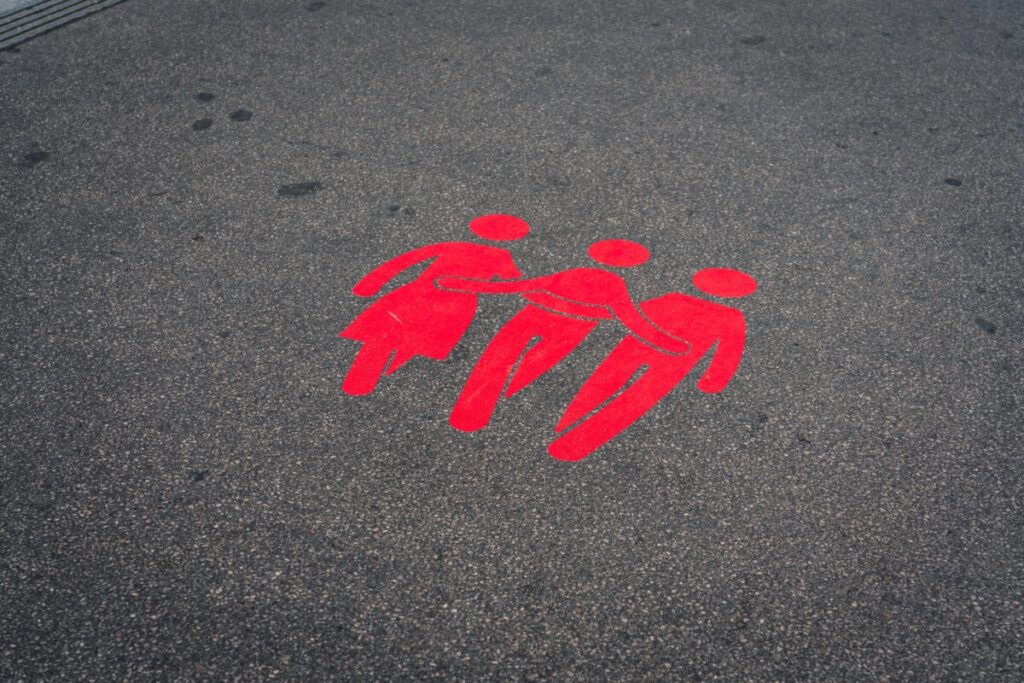
We know that overall, the COVID-19 pandemic has deepened inequities among traditionally underrepresented groups, and that includes inequities in community sport. Social and economic divisions in society have widened due to the circumstances of the last two years. As we begin to return to normal, community sport organizations are requesting support to make their organizations more welcoming and inclusive to all members.
In 2021, the Ottawa Sport Council began the conversation with the Ottawa sport sector about diversity, equity, and inclusion (DEI) through the Rebound Program. This learning series featured a one-hour video panel discussion among community leaders, followed by three peer-to-peer discussion opportunities. You can watch the video panel discussion here.
For the Ottawa Sport Council, this was just the beginning. We are seeking ways to continue the conversation with community sport organizations throughout the city, including working with INclusion INcorporated to launch the Diversity, Equity, and Inclusion Survey. This survey seeks to learn more about how the OSC can support community sport organizations in continuing to create inclusive and accessible sport environments. Support includes identifying tools and training that would be supportive of you and your communities. The survey is open until June 30, 2022, click here to participate.
As the conversation continues, we strive to create greater awareness of the benefits of diverse and inclusive community sport organizations. According to The Power of Sport: The True Sport Report 2022, sport can help strengthen communities by building social capital and fostering greater inclusion of equity-deserving groups. Community sport organizations can the establish norms of tolerance and anti-discrimination to foster fair and inclusive environments.
Part of this conversation includes increasing awareness of the current situation for equity-deserving groups in sport and the benefits that participation in sport can offer:
- Individuals with disabilities face many forms of social, economic, and political exclusion. Additionally, children with disabilities tend to be more sedentary than their able-bodied peers. Participation in sport provides opportunities for people with disabilities to build their self-confidence and self-esteem, enhance their social skills and networks, and become more motivated an independent.
- It is reported that 2SLGBTQ+ identifying youth experience high levels of social exclusion and experience mental health concerns at a higher rate than other Canadians. Increased access and inclusion in sport for 2SLGBTQ+ individuals can promote greater social inclusion in the community and improve overall mental health.
- Sport shows significant cultural significance in Indigenous populations across Canada, however participation rates among Indigenous Canadians is lower than the national average. Sport can offer physical and mental health benefits, builds cultural pride, as well as increases social cohesion and self-esteem to Indigenous communities.
- Visible minorities in Canada are also reported to have lower sport participation rates than the national average. This a result of ongoing implicit and explicit dismissal of needs and experiences of individuals in racialized communities. Increased representation of racialized communities in sport at all levels can support greater participation through greater consideration of diverse needs.
These considerations are all a part of The Power of Sport: The True Sport Report 2022.
By now it may seem obvious that greater inclusion in sport is needed, but how do we get there? Here are some practical tips to fostering a more inclusive environment:
- Adapt sport programming to foster greater inclusion of athletes with a disability. This can include partnering with organizations like Ausome Ottawa, who specialize in working with autistic athletes.
- Establish gender neutral language in participant registration forms and communications from your organization. This can also include consideration for mixed-gender sport programming.
- Seek diverse leaders for your organization in coaches, administrators, and Board of Directors. Ask yourself who is not at the table and invite them into the conversation.
- Encourage additional training for leaders in your organization, like coaches, who can participate in diversity and inclusion training modules from the Coaching Association of Canada (here).
The Ottawa Sport Council is always seeking ways to support community sport organizations in their journey to become more welcoming and inclusive. If you have an idea for how we can support your community sport organization, contact us.